Beat the 16 Feb price rise for UK certificates and a new catalogue at PROV

In this post we pass on some news from our partners -near and far. The UK Federation of Family History Societies reminds us that, if we are quick, we can beat the 16 February Price Rise for UK BDM certificates. And, nearer to home, PROV (Public Records Office Victoria) is launching a new version of their online catalogue. You could assist them by providing feedback.
[Ed.]
BEAT THE PRICE RISE FOR UK CERTIFICATES
It's not long before the cost of UK birth, marriage or death certificates and of the PDF versions will go up. On 16 February 2019 certificates will increase from £9.25 to £11.00. At the same time, the PDF version will rise from £6.00 to £7.00.
Don't delay!
Work out which PDFs or certificates you need.
Send in your order (https://www.gov.uk/order-copy-birth-death-marriage-certificate) before the last-minute rush.
Federation of Family History Societies UK
***
A MESSAGE FROM PROV ABOUT THEIR PROPOSED NEW ONLINE CATALOGUE
'Hello history lovers, You are receiving this request for feedback because we value your opinion on archival research.
This week we launched a Beta version of our new online catalogue for the collection held at Public Record Office Victoria. We recognise this collection is vital for people seeking information about their family history and accessing public records.
Some of the new features include:
* Searching by several filters at the same time
* Viewing digitised records prior to download
* A cleaner interface to view Agency and Series descriptions
* A simpler interface to browse lists of items and series.
We are seeking feedback over the next few months about the features of this catalogue, which is why we have decided to launch it in Beta first. You can easily access the new online catalogue by starting your keyword search on our website and then switching the toggle at the top of the page to switch to the new catalogue interface. To send us feedback click on the feedback button on the top right hand side of the page.
Please take a look at this video introduction to our new online catalogue and send us your feedback.
https://prov.vic.gov.au/about-us/our-blog/try-searching-our-new-catalogue-interface
Kate Follington, Co-ordinator, Communications and Online Engagement
e: kate.follington@prov.vic.gov.au - Phone 03 9348 5478 | 0412328632
Public Record Office Victoria, Victorian Archives Centre | 99 Shiel St North Melbourne VIC 3051
PROV News | https://prov.vic.gov.au/about-us/our-blog
***


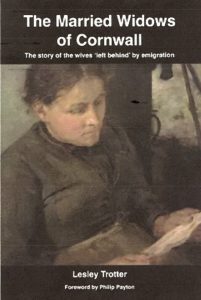
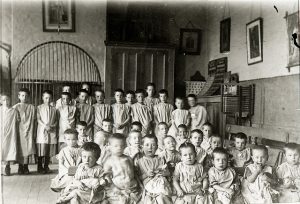 Children at Crumpsall workhouse 1897
Children at Crumpsall workhouse 1897
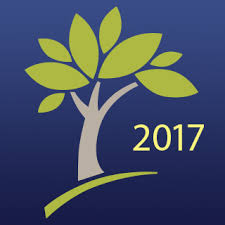
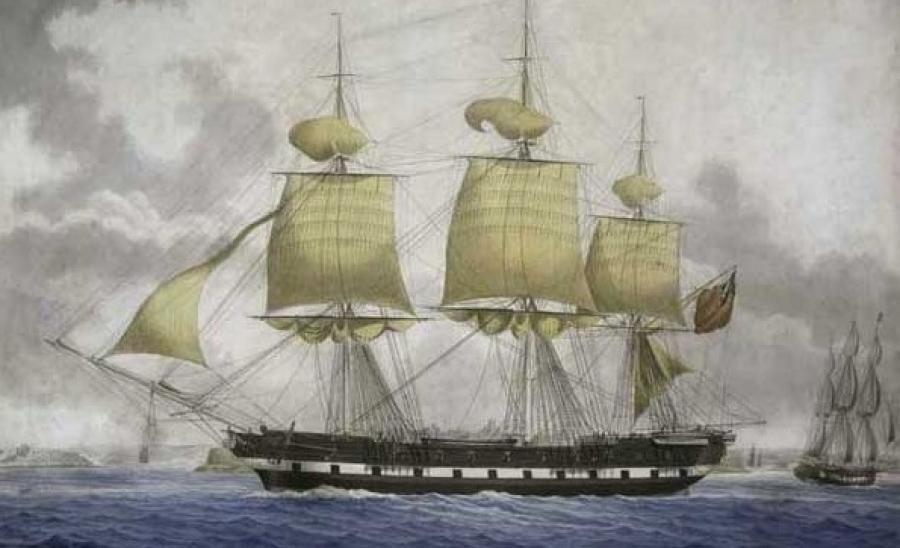
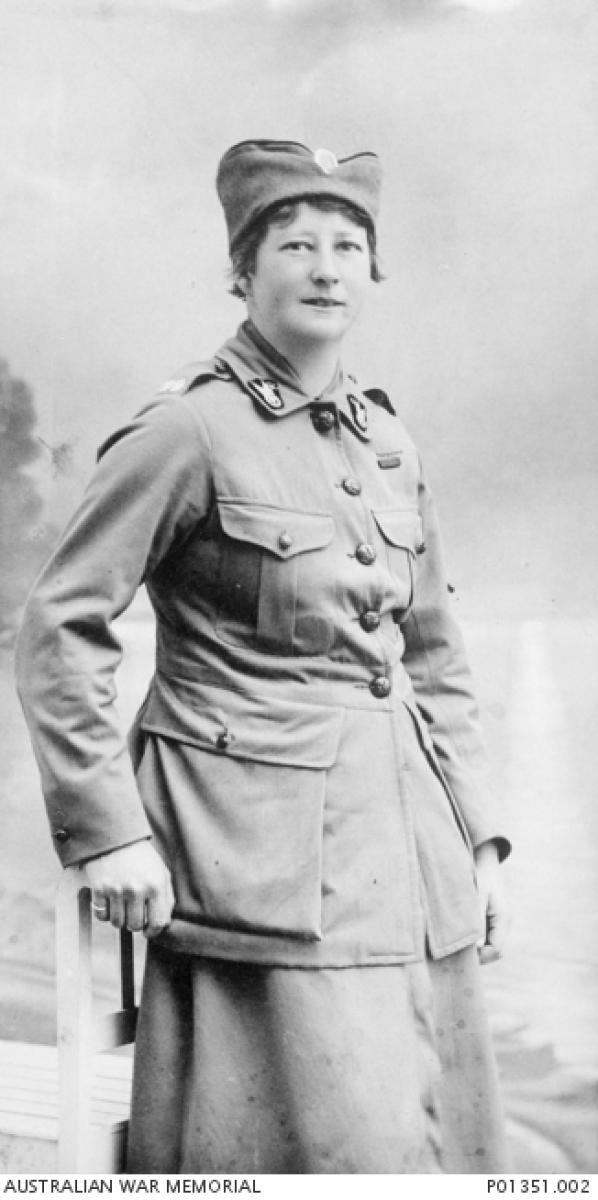

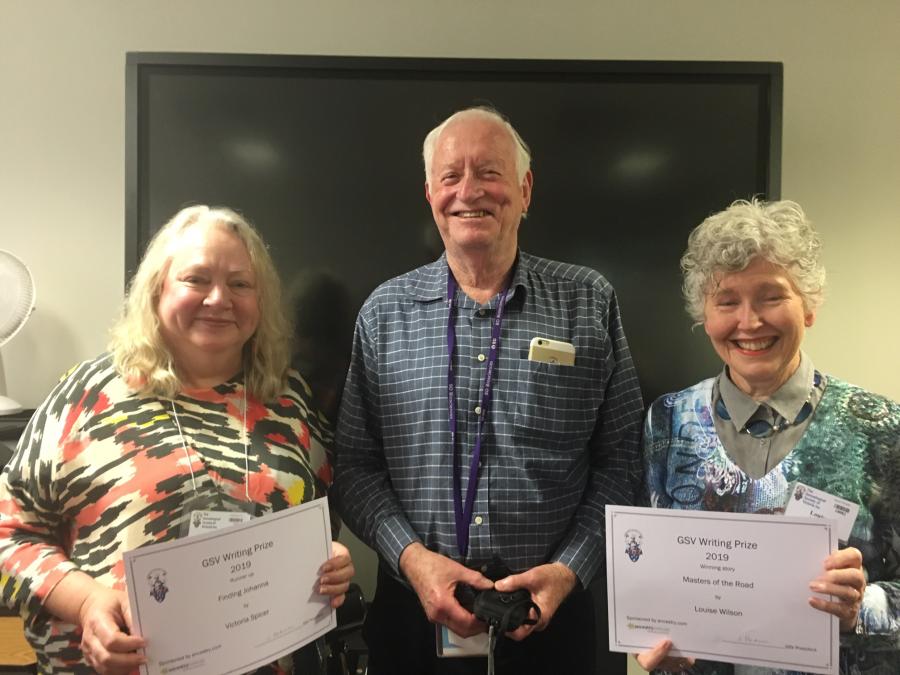
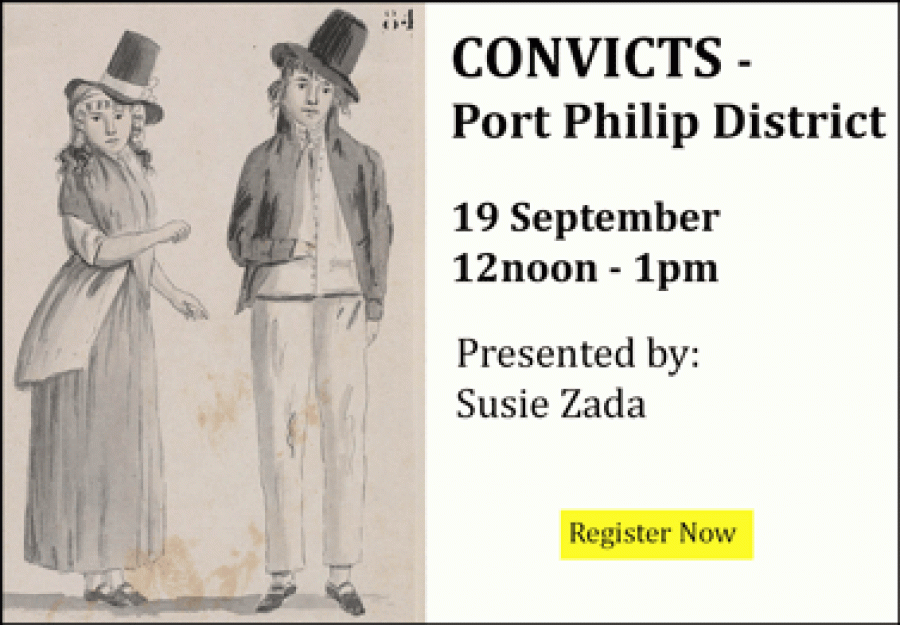

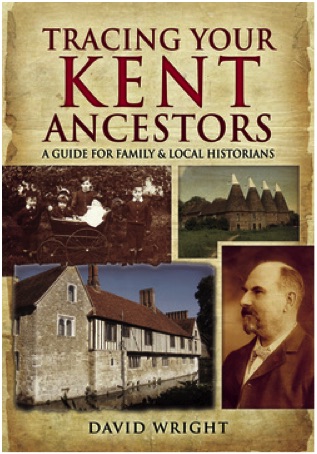
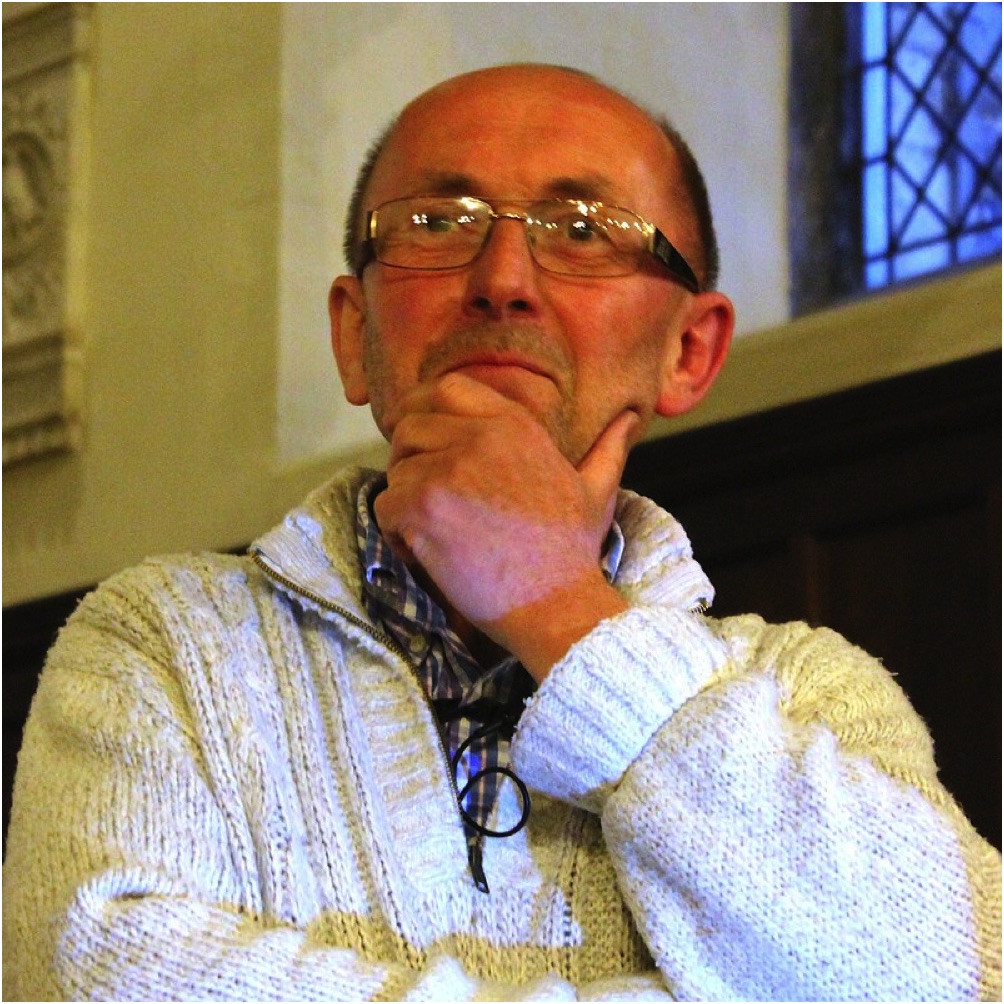 David's career has covered over three decades of genealogical and historical research, by way of the study of classics and University lecturing, and he has written three books on Kentish records and the guide 'Tracing your Kent Ancestors'. He lectures widely on genealogy and allied subjects and has taught classical and mediaeval Latin and palaeography at the City Literary Instituteand, at both University College, Londonand the School of History at the University of Kent at Canterbury. He has been a member of the Kent Family History Society almost from its inception in the 1970s. In 2009, after nearly forty years’ membership, he was awarded a prestigious fellowship of the Society of Genealogists, and in November 2017 was honoured by being invited to sign the Fellows' Register of the Society of Antiquaries, London.
David's career has covered over three decades of genealogical and historical research, by way of the study of classics and University lecturing, and he has written three books on Kentish records and the guide 'Tracing your Kent Ancestors'. He lectures widely on genealogy and allied subjects and has taught classical and mediaeval Latin and palaeography at the City Literary Instituteand, at both University College, Londonand the School of History at the University of Kent at Canterbury. He has been a member of the Kent Family History Society almost from its inception in the 1970s. In 2009, after nearly forty years’ membership, he was awarded a prestigious fellowship of the Society of Genealogists, and in November 2017 was honoured by being invited to sign the Fellows' Register of the Society of Antiquaries, London.